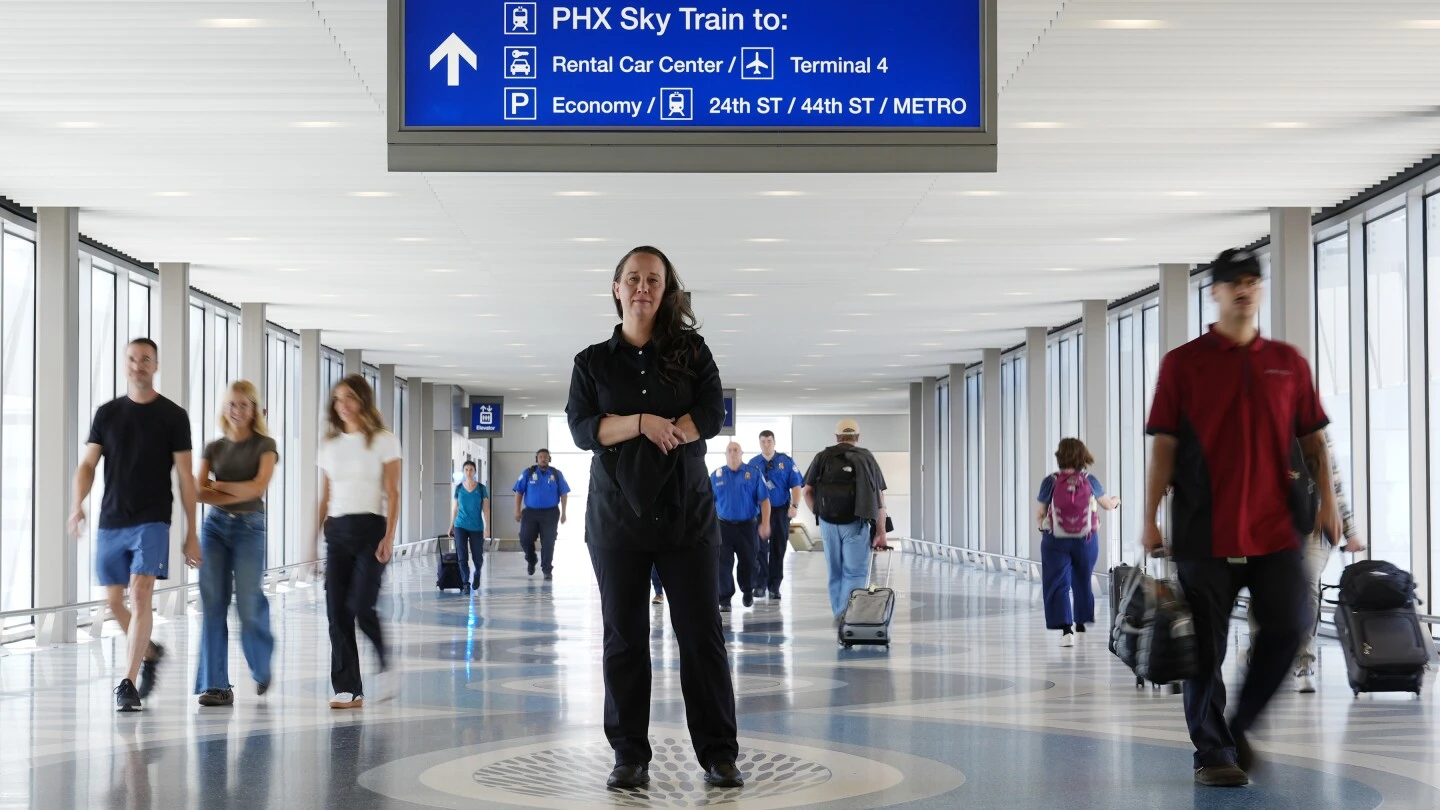- cross-posted to:
- [email protected]
- cross-posted to:
- [email protected]
Mel Nichols, a 37-year-old bartender in Phoenix, Arizona, takes home anywhere from $30 to $50 an hour with tips included. But the uncertainty of how much she’s going to make on a daily basis is a constant source of stress.
“For every good day, there’s three bad days,” said Nichols, who has been in the service industry since she was a teenager. “You have no security when it comes to knowing how much you’re going to make.”
The amount tipped workers make varies by state. Fourteen states pay the federal minimum, or just above $2 an hour for tipped workers and $7 an hour for non-tipped workers.



No, because labor rates are an unbalanced equation. Without a regulated minimum, employers will take advantage of the excess of laborers. The inherent threat of the violence of poverty will always create more supply than demand, because there is always someone willing to work for less.
But if your employer already values your skills at a certain rate, there’s no reason to accept a pay cut for the same work. If you’re great at your job, you’ll likely still earn tips, but without the risk of going unpayed for your labor.
That only applies during high unemployment, right now there isn’t even 4%, really nobody to exploit. Fast food places in California are paying $20/hr starting, much higher than the local $15/hr minimum wage in the cities
That $20/hr was legislated by the state not the “market rate” like you’re trying to argue. It’s kind of hilarious that you used that example considering it completely supports the other side of your argument.
deleted by creator
Cool. No reason that work shouldn’t pay a living wage for everyone everywhere forever.
If there’s a big crash and everyone loses their jobs it’s better that a few more people have jobs that pay under a living wage.
It’s easier for the government to give a little bit assistance to someone who is underpaid than to pay all of their bills